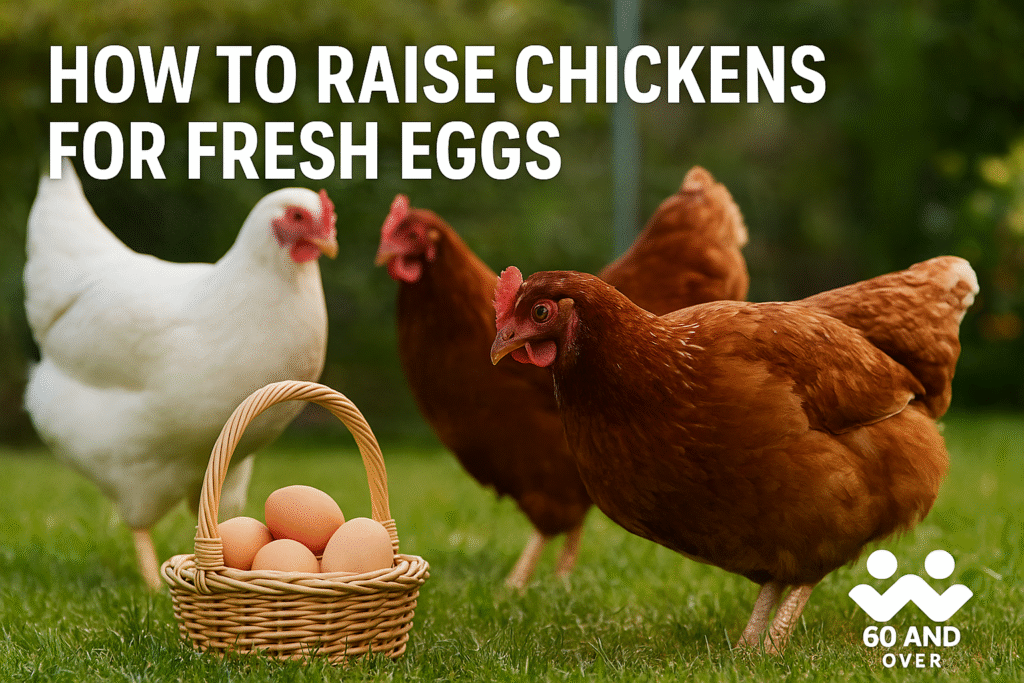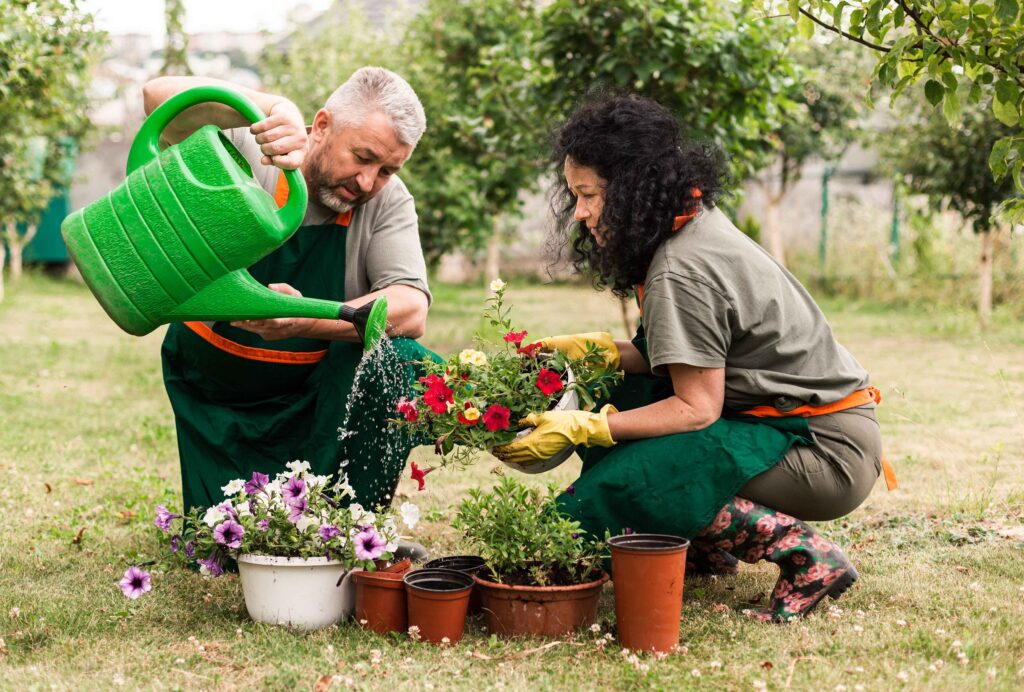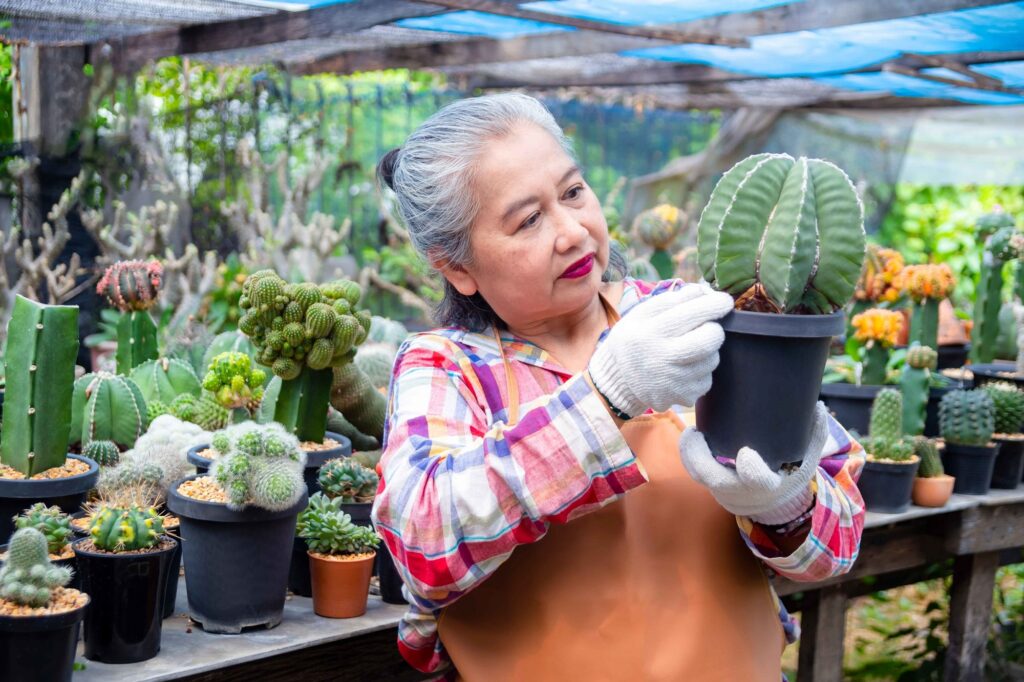Raising chickens at home may sound intimidating at first, but it’s one of the simplest and most rewarding hobbies for seniors. With just a few hens, you can enjoy a steady supply of fresh eggs, daily outdoor activity, and the satisfaction of self-reliance.
This beginner’s guide shows how to get started without feeling overwhelmed. For a broader look at why chickens make such a meaningful senior hobby, see our full piece: Backyard Chickens for Seniors: A Fun Hobby With Healthy Rewards.
Choosing the Right Breeds
Not all chickens are the same. Some breeds are better for egg production, while others are calmer and easier to care for. For seniors, it’s often best to start with hens that are hardy, friendly, and consistent layers. The right choice ensures less stress and more enjoyment from the start.
- Rhode Island Reds – reliable egg layers, friendly temperament.
- Plymouth Rocks – calm, easy to manage, great for families.
- Australorps – high egg production with gentle behavior.
- Orpingtons – larger birds, but very docile and affectionate.
Feeding and Nutrition Basics
What you feed your hens directly affects their health and the quality of their eggs. Fortunately, feeding chickens is simple and affordable. Seniors don’t need to mix complex diets — a balanced poultry feed combined with occasional kitchen scraps can keep hens healthy and productive year-round.
- Starter feed for chicks if beginning with young birds.
- Layer feed for hens, fortified with calcium to strengthen eggshells.
- Occasional scraps like leafy greens, grains, or vegetables.
- Constant access to water — clean and fresh daily.
The Role of Shelter and Coops
Chickens need a secure and comfortable place to live. A good coop protects them from predators, keeps them dry, and makes care easier for seniors. You don’t need a large or fancy structure — just a safe, well-ventilated space with room to roost and lay eggs.
- Size: allow at least 3–4 square feet per hen inside the coop.
- Nesting boxes: 1 box for every 3 hens.
- Ventilation: prevents moisture and keeps air fresh.
- Protection: sturdy fencing to keep predators out.
Daily Care Routine
Many seniors worry about the time commitment, but caring for chickens fits easily into a daily routine. In fact, most tasks take less time than watering a garden. Spending 10–15 minutes a day is usually enough to keep hens happy and productive.
- Morning: feed, check water, and collect eggs.
- Evening: make sure hens are secure in the coop.
- Weekly: refresh bedding and clean coop areas.
- Seasonal: adjust ventilation or insulation as weather changes.
A Helpful Shortcut
Getting started is easier when you have a clear, step-by-step plan. That’s why many seniors turn to resources like The Eggs Factory, which provides blueprints, feeding guides, and practical checklists. Instead of piecing together advice from dozens of sources, you’ll have everything in one place — making the journey smoother and more enjoyable.
Final Thoughts
Raising chickens for fresh eggs is far less complicated than it first appears. With the right breed, simple feeding habits, a safe coop, and a manageable daily routine, seniors can enjoy both the fun and the nutritional rewards of this hobby. For those who want extra confidence from day one, The Eggs Factory offers a ready-made roadmap to get started.





